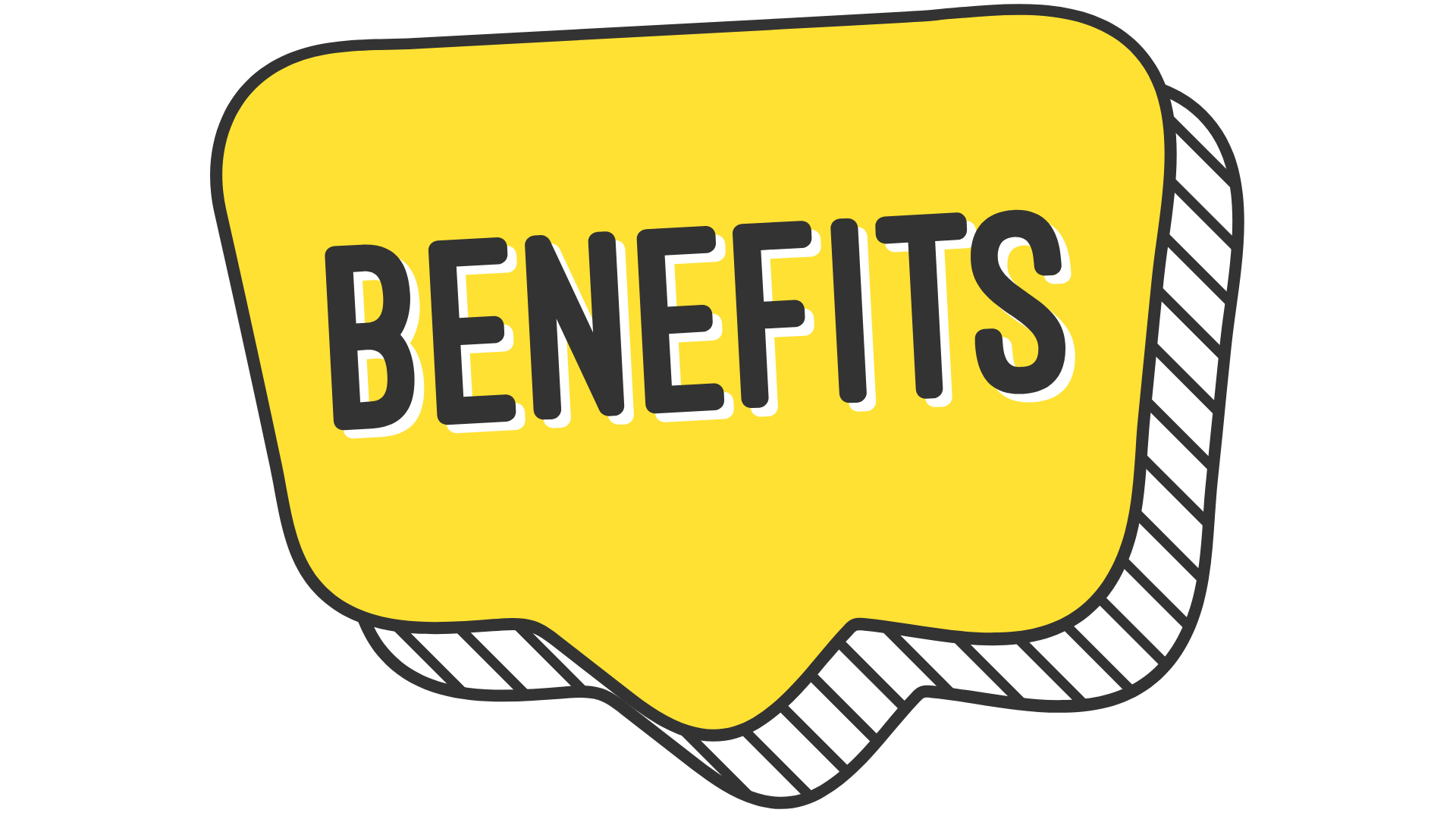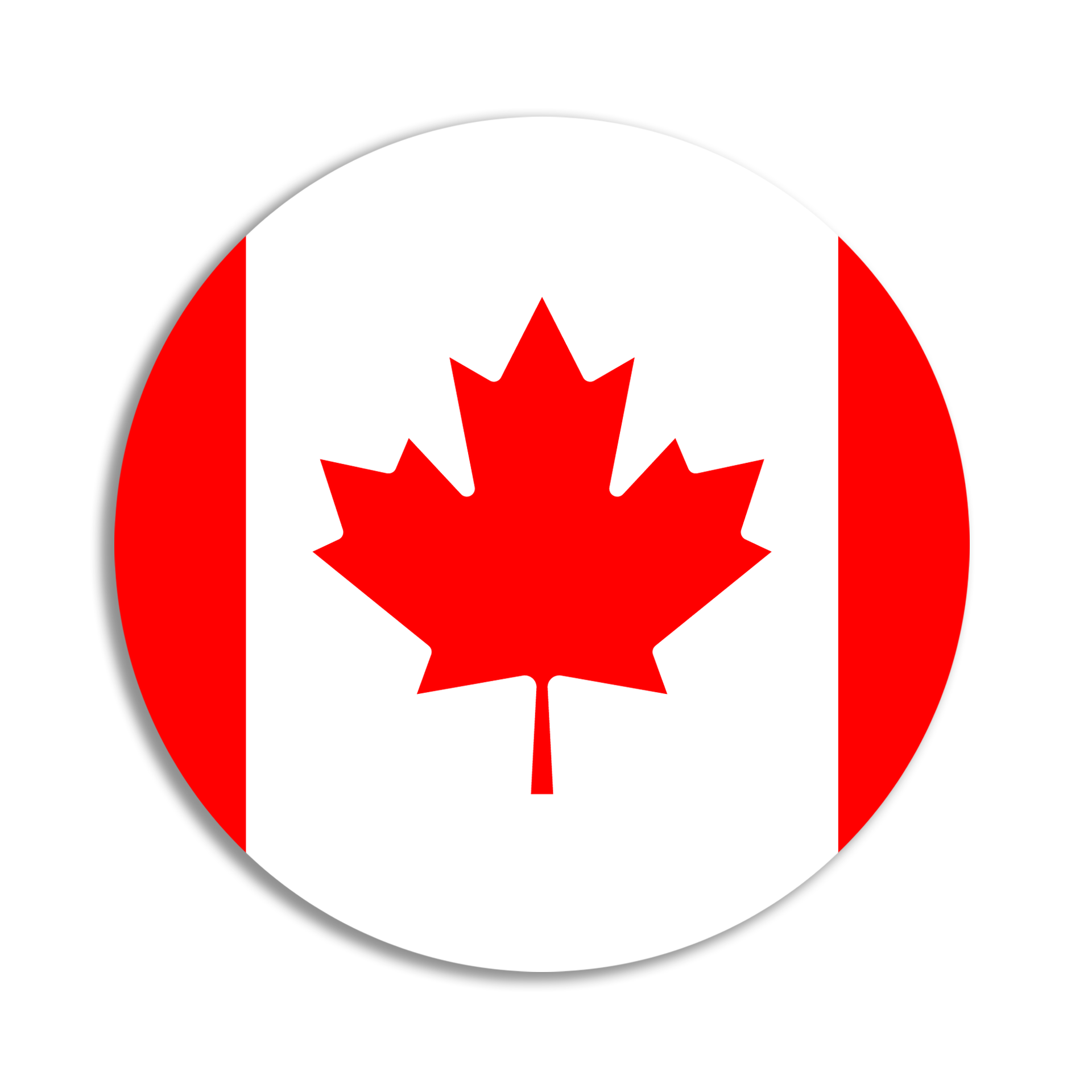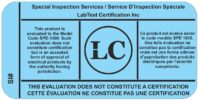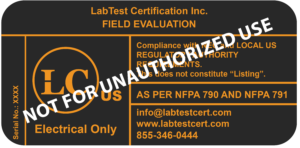How CSA SPE-1000:21 Model Code Helps Ensuring Electrical Product Safety and Compliance in Canada
The field of electrical equipment safety and compliance in Canada is governed by a set of standards and model codes designed to safeguard users and properties. Among these is Model Code CSA SPE-1000:21, the fifth edition for this code for the field evaluation of electrical equipment. This article explores the significance of CSA SPE-1000:21, its application to lighting products, and its parallels in the United States.
CSA SPE-1000:21 – An Overview
CSA SPE-1000:21 serves as a comprehensive guide, delineating procedures and requirements for the field evaluation of electrical equipment in Canada. It is a Model Code for one-time approvals of General Electrical Products being installed in the field or still at the manufacturing facility, which don’t comply with the Canadian Electrical Code requirements. Also called “Special Inspection”, this type of approval must be performed by an Inspection Body accredited by the Standard Council of Canada (SCC), as per ISO 17020, such as LabTest Certification Inc.
Notable changes in this edition include updated requirements for the field evaluation of various equipment, such as high-voltage transformers, skids, lasers, non-medical X-rays, cosmetic and hygiene products, and non-residential equipment that produces ozone. Additionally, significant clauses have been relocated from Annex A to the body of the Model Code.

Benefits of Field Evaluations
Field evaluations conducted under CSA SPE-1000:21 offer several advantages for lighting products:
Adaptability: Lighting products with unique designs or configurations can undergo evaluation, even when traditional certification is not feasible.
Timeliness: Field evaluations provide expedited assessments, reducing delays that might arise during the certification process.
Safety Assurance: Consumers can place their trust in lighting products with field evaluation labels, knowing they have undergone rigorous assessments and adhere to safety standards.
Compliance: Successful field evaluations result in lighting products being marked with field evaluation labels, indicating compliance with the Model Code’s requirements.

Application to Lighting Products
The application of CSA SPE-1000:21 to lighting products, including advanced LED lights,  plays a crucial role in ensuring their safety and compliance. The standard recognizes situations where conventional certification might not be practical or available, especially for lighting products with custom configurations or limited production runs.
plays a crucial role in ensuring their safety and compliance. The standard recognizes situations where conventional certification might not be practical or available, especially for lighting products with custom configurations or limited production runs.
It applies to limited quantities, as little as one unit and a maximum of 500 units/model/year/manufacturer’s facility and is performed on a complete system. The Model Code addresses the construction, markings, and test requirements that the equipment must meet before it can be labeled. The evaluation consists in an inspection of the product, components, and drawings and tests are performed (onsite or at the lab), as per the reference standard, to confirm compliance. The product is then labeled with the “LC Special Inspections Label”, and it can be sold in Canada. The labelling of each unit must be performed by a LabTest inspector. Lastly, local authorities will verify the correctness of the installation and electrical connection.
The field evaluation process, as outlined in CSA SPE-1000:21, guarantees that lighting products meet safety and compliance standards, regardless of their unique attributes.

What Tests are Preformed?
Based on the construction, one of the main and mandatory tests is the Dielectric Test, also known as “Megger Test”. For equipment rated 250 Vac or less, 1000 Vac Test voltage is applied to the product for one (1) minute, without a breakdown between live parts & exposed non-current carrying metal parts and between live parts & accessible extra low voltage secondary circuits.
Other tests that can be performed on the product are as follows: Temperature Test, Leakage Current Test, Strain Relief Test, and Flame Test.
If the unit is installed outdoor, it will also need a Rain Test for the duration of 90 minutes.

Parallels in the USA
While CSA SPE-1000:21 is specific to Canada, a similar concept exists in the  United States. Notable organizations like LC (LabTest Certification Inc.), who is a recognized as a Field Evaluation Body (FEB), offer field labeling services. These services encompass on-site evaluations of electrical equipment, including lighting products like LED lights, to ensure adherence to safety and compliance regulations. This approach aligns with the fundamental goal of ensuring the safe use of electrical equipment when traditional certification processes may not apply.
United States. Notable organizations like LC (LabTest Certification Inc.), who is a recognized as a Field Evaluation Body (FEB), offer field labeling services. These services encompass on-site evaluations of electrical equipment, including lighting products like LED lights, to ensure adherence to safety and compliance regulations. This approach aligns with the fundamental goal of ensuring the safe use of electrical equipment when traditional certification processes may not apply.
Lighting the Way to Security through Special Inspections
CSA SPE-1000:21 assumes a pivotal role in addressing the evolving landscape of electrical equipment safety in Canada, particularly for lighting products like advanced LED lights. The field evaluation process accommodates various electrical equipment’s unique attributes, even in the absence of traditional certification pathways. This unwavering commitment to user safety, innovation, and compliance solidifies CSA SPE-1000:21’s position as a cornerstone in the realm of electrical equipment evaluation in Canada.
For additional information on Special Inspections for Canada or to book an SPE-1000 inspection, please contact LabTest Certification Inc. at info@labtestcert.com or Call Us toll free at 1-855-346-0444, or visit https://labtestcert.com/csa-spe-1000/.

